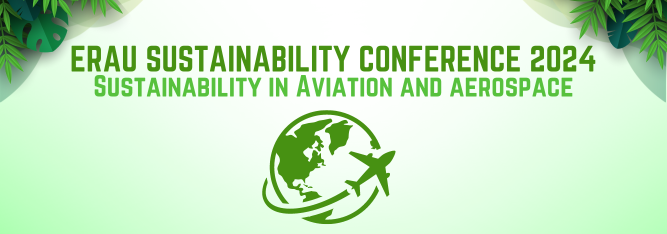
Environmental Impacts and Viability of Hydrogen Fuel Production Methods
Presentation Type
Short presentation 10-15 minutes
In Person or Zoom Presentation
In-Person
Location
Student Union Event Center
Start Date
18-11-2024 9:40 AM
Presentation Description/Abstract
Hydrogen is developing as a crucial part in the worldwide transition to sustainable energy solutions, with the potential to considerably cut greenhouse gas (GHG) emissions through usage in fuel cells and industrial engines. However, more than 90% of hydrogen production is now based on fossil fuels, highlighting the need to investigate alternate, sustainable production techniques. This study looks at several hydrogen production paths, such as steam reforming of natural gas (SRNG), SRNG with carbon capture and storage (CCS), and electrolysis, and evaluates each for its environmental effect, efficiency, and financial feasibility. A comparative study examines the possibility of various approaches to fulfill future energy demands while adhering to a carbon budget, considering the consequences for global temperature and climate objectives.
In the aviation industry, where energy density and specific energy are critical, hydrogen's potential as a sustainable fuel source is especially intriguing. This study investigates the techno-economic feasibility of using hydrogen-based solutions in aircraft, balancing fuel efficiency with environmental aims. By analysing the most recent developments in hydrogen production and cost metrics, renewable and cost-effective electrolysis is critical to establishing hydrogen as a green source. SRNG with CCS is a viable transition road to zero emissions, but it has challenges with long-term storage and loss-free transportation. The findings emphasize hydrogen's potential as a sustainable energy source, providing insight into the transition methods required to achieve a decarbonised future.
Environmental Impacts and Viability of Hydrogen Fuel Production Methods
Student Union Event Center
Hydrogen is developing as a crucial part in the worldwide transition to sustainable energy solutions, with the potential to considerably cut greenhouse gas (GHG) emissions through usage in fuel cells and industrial engines. However, more than 90% of hydrogen production is now based on fossil fuels, highlighting the need to investigate alternate, sustainable production techniques. This study looks at several hydrogen production paths, such as steam reforming of natural gas (SRNG), SRNG with carbon capture and storage (CCS), and electrolysis, and evaluates each for its environmental effect, efficiency, and financial feasibility. A comparative study examines the possibility of various approaches to fulfill future energy demands while adhering to a carbon budget, considering the consequences for global temperature and climate objectives.
In the aviation industry, where energy density and specific energy are critical, hydrogen's potential as a sustainable fuel source is especially intriguing. This study investigates the techno-economic feasibility of using hydrogen-based solutions in aircraft, balancing fuel efficiency with environmental aims. By analysing the most recent developments in hydrogen production and cost metrics, renewable and cost-effective electrolysis is critical to establishing hydrogen as a green source. SRNG with CCS is a viable transition road to zero emissions, but it has challenges with long-term storage and loss-free transportation. The findings emphasize hydrogen's potential as a sustainable energy source, providing insight into the transition methods required to achieve a decarbonised future.
